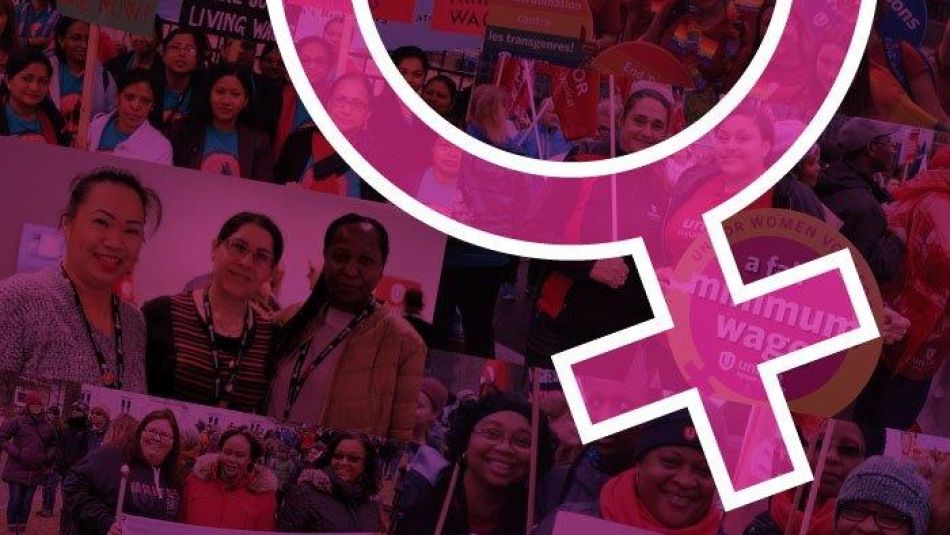
Share
Unifor has become a signatory to the Reproductive Justice Manifesto, coordinated by the Abortion Rights Coalition of Canada, the AccessBC Campaign for free prescription contraception, the BC Humanist Association, Options for Sexual Health, and the University of British Columbia Social Justice Centre.
The full text of the manifesto is below and can also be found at reproductivejustice.ca. While the manifesto speaks to reproductive health access issues in British Columbia, there are similar challenges and obstacles in every province and territory across Canada that must likewise be address and eliminated.
Sexual and Reproductive Health Advocates Call for Reproductive Justice in Canada!
Sexual and reproductive health (SRH) advocates in BC and across Canada have joined their voices together to demand reproductive justice. Advocates are calling on the federal and provincial governments to do more than make statements or release small amounts of funding – they must take real action to improve people’s access to SRH in Canada.
In the recent ruling of Dobbs v Jackson Women's Health Organization, the Supreme Court of the United States (SCOTUS) has upheld a Mississippi law that outlaws nearly all abortions at and after 15 weeks gestation. The majority’s decision overturns the 1973 ruling in Roe v Wade that protects a pregnant person’s right to choose to have an abortion without excessive government restriction. According to the Guttmacher Institute, 26 states have existing laws that will definitely or likely ban abortion access for people who can become pregnant, creating “abortion deserts” in large swaths of the country and forcing many to travel long distances to a safe state.
While Canada’s system of justice is different, we still have work to do to ensure access to abortion and to break down lingering stigma around abortion. As sexual and reproductive health advocates, we call on governments to take action on a range of issues that people living in Canada continue to face. We also encourage everyone to reach out to their MLA and MP to ensure that SRH is an issue they are prepared to address and fund.
The BC government must:
- Make contraception free and universally accessible in BC and across Canada.
- Ensure that comprehensive sex education is taught to the standards set by the Ministry of Education in BC.
- Strengthen abortion access in rural and remote areas.
- Do not give Crisis Pregnancy Centres any government funds or tax credits, and require them to clearly disclose their anti-abortion agenda to clients.
- Make abortion accessible within the City of Vancouver’s Access without Fear/Sanctuary City policy framework, which allows undocumented people to access free care.
- Implement $10/day childcare.
- Make sexual and reproductive health care more trans- and gender-inclusive, including training healthcare providers on appropriate practices and language, and other initiatives led by the trans community to reduce stigma.
- Provide meaningful additional funding directly to provincial health systems, earmarked for abortion access, rather than directing funding through non-government bodies.
The Federal government must:
- Enforce the Canada Health Act against provinces that fail to provide accessible or fully funded SRH care or abortion (such as New Brunswick and Ontario).
- Increase the federal health transfer to provinces to enable them to expand SRH services, including funds earmarked for abortion care.
- Require compliance by all provinces with the Canada Health Act provisions on abortion access.
- Quickly implement the promised Health Canada web portal that will feature accurate, unbiased information on SRH and rights, including correction of abortion myths.
- Revoke charitable status for anti-choice groups.
- Continue to fund SRH and reproductive justice around the world, including safe abortion in the global South.
- Relax the regulation of abortion medication by allowing Mifegymiso to be obtained over-the-counter and through advance provision, so that (much like with Plan B) people have immediate access to the medication they need, when they need it.
- Guarantee asylum and immunity to abortion providers and advocates fleeing violence, criminal prosecution, or civil lawsuits for their reproductive justice work.


